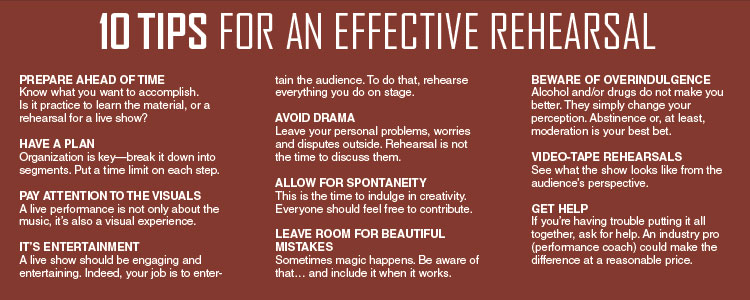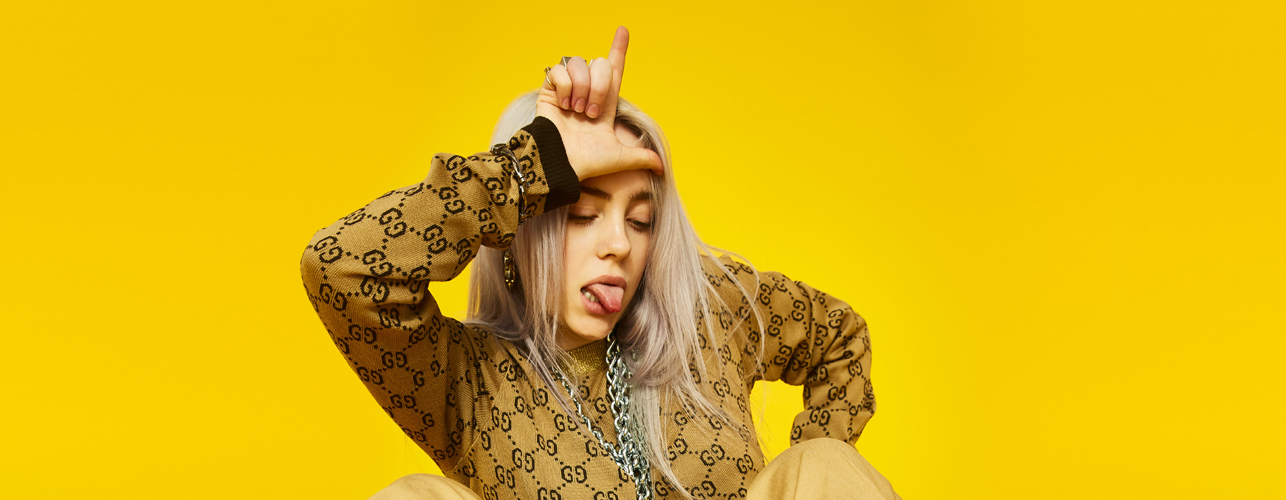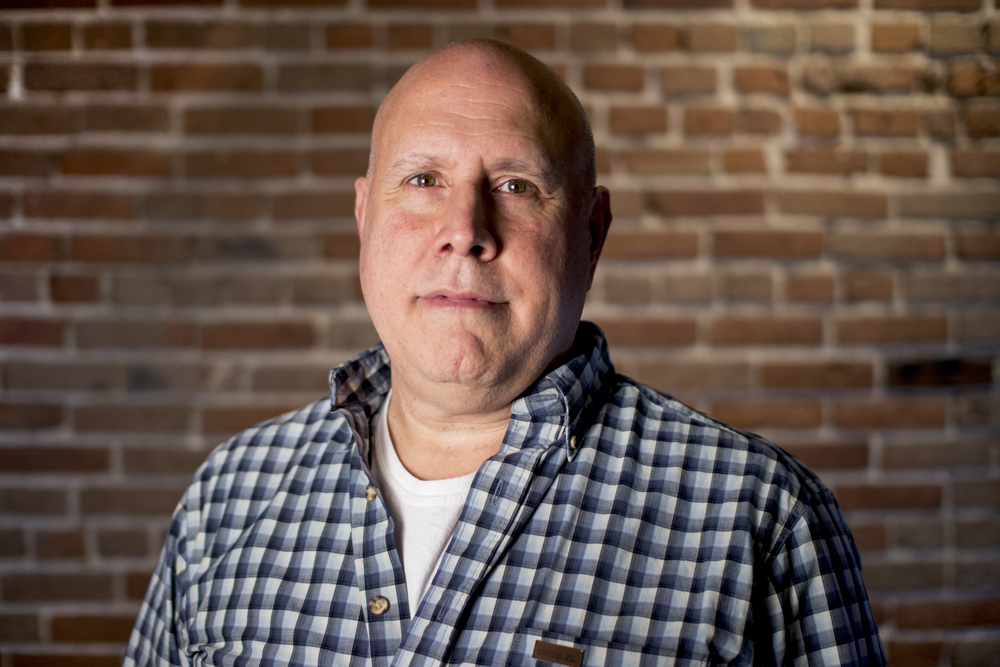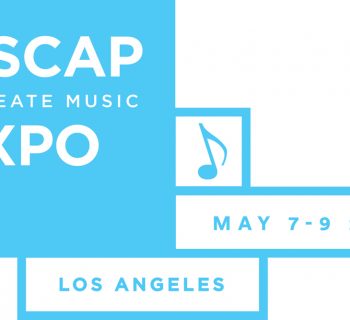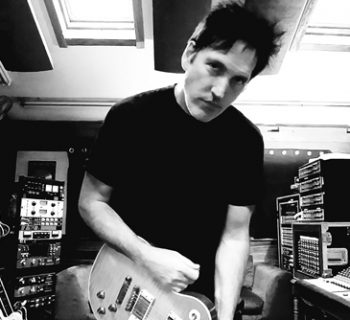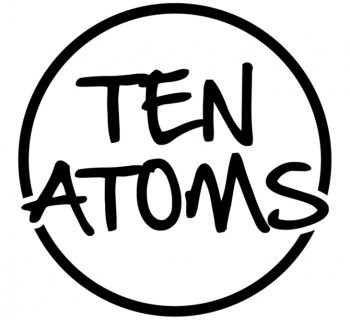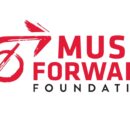Whether you’re performing live or recording, practice and rehearsal are essential parts of the process for all music-makers. Knowing the difference between the two, and how to use each one the right way, is critical for artists who want to succeed in a tough and crazy business. To fully inform you about this important process, we contacted six professionals who have years of experience in that world. We believe their insights and advice will help your next rehearsal to be everything it should be.
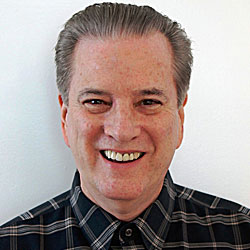 LIVE PERFORMANCE COACH & AUTHOR
LIVE PERFORMANCE COACH & AUTHOR
LARRY BUTLER
diditmusic.com
Larry Butler specializes in live performance and touring. At Warner Bros. Records he was the in-house tour manager for WB artists, helping them perfect their live shows. That led to a position as Artist Development Director and VP of Artist Relations. He is also the author of The Singer/Songwriter Rule Book.
Credits: Ry Cooder, Randy Newman, Isaac Hayes, U2, Van Halen, ZZ Top
Practice vs Rehearsal
There is a distinction. Practice is learning the material and running through each song step by step. Rehearsal is preparing for a live show. You should do both enough times so you can play and perform without thinking about it. Rehearsal is putting it all together and making a show of it. In fact, Paul Simon said, “The show is too important not to rehearse.”
What about Spontaneity?
Spontaneity will come after you have everything down cold. When you can perform unconsciously, you’ll be able to read things better and add a little spontaneity.
The Plan
You need to be organized and have a plan. Remember a live show is visual so you have to incorporate those elements. Know what you want to do and run through it to make it as entertaining as possible. If you have trouble with that, get someone to help you.
The Script
Everything you do on stage should be scripted. That’s what the pros do. Walking around aimlessly does not engage an audience. If you don’t want to choreograph your movements––well, then welcome to the world of amateurs.
What About the Music?
If you want total strangers to appreciate your music, play it live to see what works before you spend the time and money to record it.
Magic Can Happen
Sometimes magic happens. Most often that occurs because of rehearsal and experience. Everything clicks and works together. But, that only happens after you’ve rehearsed enough and are aware enough to recognize it.
The Visuals
If you’re not paying attention to the visual aspects of your performance, it’s not a rehearsal––it’s practice. Sometimes artists forget that people are watching them. It’s not about simply playing live—it’s about putting on an entertaining show.
Taping Rehearsals
If you’re going to video-tape rehearsal, look at the camera as if it’s the audience. You should also try to use a room with a mirror, so you can watch yourself.
Substance Indulgence
There are some artists that believe they need help to relax and be creative. Too often it goes too far. Then you get “In-A-Gadda-Da-Vida.” Thankfully, it’s not really happening as much today. The business has become more serious and there’s too much money involved. •
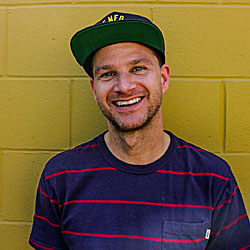 MUSICAL DIRECTOR, PRODUCER, DRUMMER
MUSICAL DIRECTOR, PRODUCER, DRUMMER
STACY JONES
Instagram: instagram.com/stacyglenjones
Twitter: twitter.com/stacyglenjones
Stacy Jones is a musician, songwriter, producer and musical director. Mentored by legendary producer Bob Rock, Stacy became a staff producer at Epic Records. As part of MTV’s reality show Laguna Beach, he produced Open Air Stereo, a band that was an integral part of the series. He brought their live show to MTV’s Total Request Live, which caught the attention of a manager who asked him to be the Musical Director for a Disney Channel star named Miley Cyrus.
Credits: Miley Cyrus, Chainsmokers, 5 Seconds of Summer, Ariana Grande, American Hi-Fi
What does a Musical Director do?
A Musical Director brings the artist’s vision and image to the stage. It involves both the music and the live performance. You have to take everything into account. So, it helps if you’re a bit of a control freak.
Practice vs Rehearsal
I expect musicians to practice on their own time. Rehearsal is working together to create a show that is engaging and entertaining. You have to visualize the show before you rehearse it.
Miley Cyrus
Miley and I discuss what we want the show to be. What songs she’s going to do and how they’re going to be performed. Recently we’ve added new instruments to the mix, like a fiddle and steel guitar. We’ll then rehearse as much as we can, depending on time limits.
Chainsmokers
They are a challenge because their music is computer-based electronica. My job was to bring laptop music to life. Sometimes we had to add something extra to do that, like additional players and other instruments. When you’re adding to the core act, rehearsals become even more serious.
Time Wasters
Not knowing the material is the worst. Also, the need to program different sounds can take the life out of a room. I tell musicians to play it straight and set up the programing later.
What about Spontaneity?
If you’re totally prepared and have everything down perfectly you can try different things. But, not before the show is planned out and ready to go.
Taping Rehearsals
Initially, I’ll audio-tape the performance. Then, when we’re in the production stage, I’ll video-tape it.
Arrangement Prep
When I’m hired I review every version of the songs the act has done, recorded and live. YouTube is great for that. Some arrangements are better for a live show, and you’ll find that out in rehearsal.•
 CONTESTANT, PERFORMANCE COACH, CASTING PRODUCER
CONTESTANT, PERFORMANCE COACH, CASTING PRODUCER
STORM GARDNER
stormofscotland.com
Storm Gardner has worked with dozens of superstars, sang on hundreds of songwriter-publisher demos, and performed over 600 songs for the TV show Glee. A finalist on the X Factor (U.K.), he worked with Tom Cruise on Rock of Ages, singing 16 of the 19 tracks in the movie. Currently, he is a performance coach, casting producer for American Idol, and vocal/performance mentor for Simon Fuller’s music group Now United. Gardner is also a Grammy-nominated songwriter.
Credits: Neil Young, Carrie Underwood, Ozzy Osbourne, (Television) Glee, X Factor, (Film) Rock of Ages
Rehearsal Approach
I used to hate rehearsing. But, then I’d have terrible anxiety when I performed because I didn’t rehearse enough. Glee taught me the power of rehearsals and how to create and organize the rehearsal space.
Time Wasters
I don’t like chit-chat during rehearsal, especially when you’re being paid for your time. You should leave that at home. And if there’s not a focused plan you’ll waste a lot of time.
Substance Indulgence
Some of the most creative souls have a weakness for substances. I used to tolerate it, but not anymore. You need to have some discipline and find the spiritual high in the music and your performance.
You had a great gig with Glee, but you left it for the X Factor. Why?
I wanted to see if I could have a different kind of career. So, I chased a dream and decided to leave no stone unturned. I also wondered how they would treat someone who paid their dues with hundreds of gigs.
What’s the rehearsal process like on a competition show?
On the X Factor it was minimal. The producers encouraged you to rehearse in the house you shared with the other contestants. But, it was difficult to find a private space. At most, you got maybe an hour or two of rehearsal time. Then, you had a run-through the day of your performance.
How did you choose songs for rehearsal?
You had to fight for the songs you wanted to do. Producers would often reject requests and make you choose something else. You fought for everything… the songs, your image, and your performance. Most importantly, you didn’t want to anger Simon Cowell.
Did rehearsals prepare you for performing in front of millions of people?
Rehearsals gave you a basic idea of what you were going to do. But, you really needed to focus before you walked on stage. Sometimes, however, producers would change things, at the last second, which would throw you off. At times like that, keeping your focus was paramount.
What advice do you have for artists who want to try out for a competition show?
I advise them in my current position for American Idol. It’s always the same. Use every platform available to present yourself as authentically as possible. You need to be driven and prepare yourself for a high-pressure situation. Rehearsals will help get you ready to give people a moment they’ll always remember.
SINGERS
 STEVVI ALEXANDER
STEVVI ALEXANDER
stevvialexander.com
Stevvi Alexander has toured and recorded with a slew of superstars. She is the featured singer for the Game of Thrones Live Tour and can be heard singing throughout the score of Disney’s A Wrinkle In Time. Most recently, she joined the vocal ensemble for the newest Steven Spielberg film Ready Player One.
Credits: Justin Timberlake, Britney Spears, Sheryl Crow, Barbra Streisand, Fleetwood Mac
Practice vs Rehearsal
You have to practice before you can rehearse. You rehearse for tours, because you need discipline when you’re on the road. It can be tough, but it’s also very rewarding. There’s nothing like performing in front of thousands of people.
Live vs Recording Prep
There’s a different approach to each one. Sometimes with recording sessions you don’t get material ahead of time. They might even ask you for ideas and you’ll work on different arrangements. With live rehearsals, most things are already set up and you follow directions.
Rehearsal Time
Every act is different. Sometimes rehearsals are a few days and other times they might last a month or more. Fleetwood Mac likes to rehearse a lot. They’ll rehearse their live show for a month and a half before a tour.
Choreography vs Spontaneity
If it’s a big production, choreography is important. It’s not so much the moves you do, but where you need to be on stage. You have to be in certain places at certain times. You have to remember a live performance is visual and you don’t want to appear lost on stage.
Reading the Audience
If you’ve rehearsed enough, you’re able to read the audience. That’s important in a live show and will make you a better performer.
Substance Indulgence
I sometimes see it on the road, especially after a show. But, today, it’s not as prevalent as it used to be. I stay away from it because it makes my job harder.
Time Wasters
People not showing up on time wastes time. If there’s a lot of technology involved or a lot of moving parts that need to be synchronized, that can take up a lot of time. Sometimes, you just have to be patient.
Tips
You have to take care of your health. Talent is important, but touring and recording is a lot of work and requires a level of endurance. If you don’t take care of yourself, you might fall apart.•
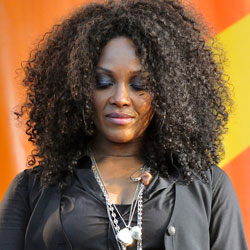 CINDY MIZELLE
CINDY MIZELLE
Instagram: instagram.com/cindymizelle
Twitter: twitter.com/cindymizelle9
Cindy Mizelle has worked with many legendary artists. In fact, she has contributed her vocal talents to over 120 albums. She has also written songs for other singers, such as Aretha Franklin. She’s toured with “The Boss” as part of the “Seeger Sessions Band” and on the “Wrecking Ball Tour.”
Credits: Bruce Springsteen, Whitney Houston, Dave Matthews, Alicia Keys, Rolling Stones
Preparation
In recording sessions, it’s rare to get material beforehand. You might even be asked about arrangements when you show up. So, I try to research everything about the artist I’m going to work with. I try to find every version of their songs to see how they’re different. That way I’m prepared for whatever comes.
Rehearsal Time
Tour rehearsals typically last eight hours or more. You read through the lyrics and get a feel for the music and the show. Then, you’ll run through the songs, usually 12 or more with alternative arrangements. You might also script moves for different songs. It takes a lot of concentration and energy. I find it helpful to take notes, so I know what I need to do.
Inside Big-Time Rehearsals
There are a lot of things that may not be written down, especially with live shows. Knowing things like the vibe of a song, its personality, and how it’s going to be presented are important considerations. That’s where live rehearsals can get intense.
Choreography
I’ve worked with a lot of artists who choreograph their shows. You work it out in rehearsal so that the performance is tight, exciting and entertaining. Luther Vandross and Whitney Houston planned every move on stage. That’s what professionals do.
Awareness
When you rehearse properly, you become aware of the dynamics each person brings to the mix. You need to be sensitive to the artist you’re supporting and know what they need from you. You need to be a team player.
Touring
That’s where rehearsals pay off. There are so many things to deal with on the road, the itinerary, your hotel information, the sound check, the production…all the little details that are part of a tour. You shouldn’t have to think about your performance on stage too. It should be automatic, you know it, you live it, you do it.
Reading the Audience
If you’ve rehearsed enough, you can enjoy the show along with the audience. If you’re on top of it, you can see what’s out there and, often, that will elevate your performance.
Time Wasters
Rehearsing a song that’s pulled from the show is a waste of time. You sometimes spend hours on a song, and when it’s not used it’s very frustrating.
 BRIANA LEE
BRIANA LEE
brianaleevocals.com
Briana Lee has a long list of credits from touring and recording with many major artists. She has been featured in Disney’s The Little Mermaid Live and La La Land Live in concert at the Hollywood Bowl. Currently, she’s expanding into more roles as a vocal arranger, producer, and vocal contractor for television and other media.
Credits: Katy Perry, Elvis Costello, John Legend, Nick Jonas, Thirty Seconds to Mars
Recording vs Live Prep
The biggest difference between recording sessions and live rehearsals is what’s expected of you. I often go in blind to recording sessions. You don’t always get material until you’re there. But, for live work, you can do research online and see what they’ve done before.
Practice vs Rehearsal
If you don’t practice, you won’t learn the material. If I’m doing sessions or prepping for a tour, my world revolves around practice—everything else shuts down. I’ll lay out the lyrics on the floor and learn the emotional content of each song as well as the music.
Plan vs Spontaneity
It really varies. It depends on the artist and the project. Sometimes there are concrete ideas and other times they don’t know what they want. Sometimes they ask me for ideas, so you have to be prepared for anything.
Thirty Seconds to Mars
You would think that a rock act would be less formal and looser. But, Jared Leto is very focused. He knows exactly what he wants. He pays attention to every little detail. He knows how he wants the songs to sound, how he wants to present them on stage, and how the overall production should look. He would be a great musical director, he covers all the bases.
Rehearsal Time
Most of the time rehearsing for a live show can take anywhere from two days to a few weeks. It depends on the project and how complex the production is. There is also practice involved, working out arrangements and harmonies, which takes up additional time.
Elvis Costello
There are usually very few surprises during rehearsals because everything is planned out. But Elvis is a free sprit when he performs, sometimes leaving you flying by the seat of your pants. He occasionally would play a song we never rehearsed, just because he felt like it. I learned to get familiar with most of his songs, so I wouldn’t let him down. When that happens, you roll with it and try your best.
Hollywood Bowl
That is an amazing place to play. But I wish we would have rehearsed more. We only had a few days of rehearsal. There’s no room for error there. You’re working with a click and a large screen at an iconic venue. It’s very intense.
Choreography
A lot of artists choreograph their show in rehearsals. Not so much for dance moves, but just movement in general and where you need to be on stage. Movement is always a big part of a live performance.
Time Wasters
If there’s no plan or organization, it wastes a lot of time. You need to know what you want to do. If people bring problems or disputes into rehearsal it can affect everyone. •
